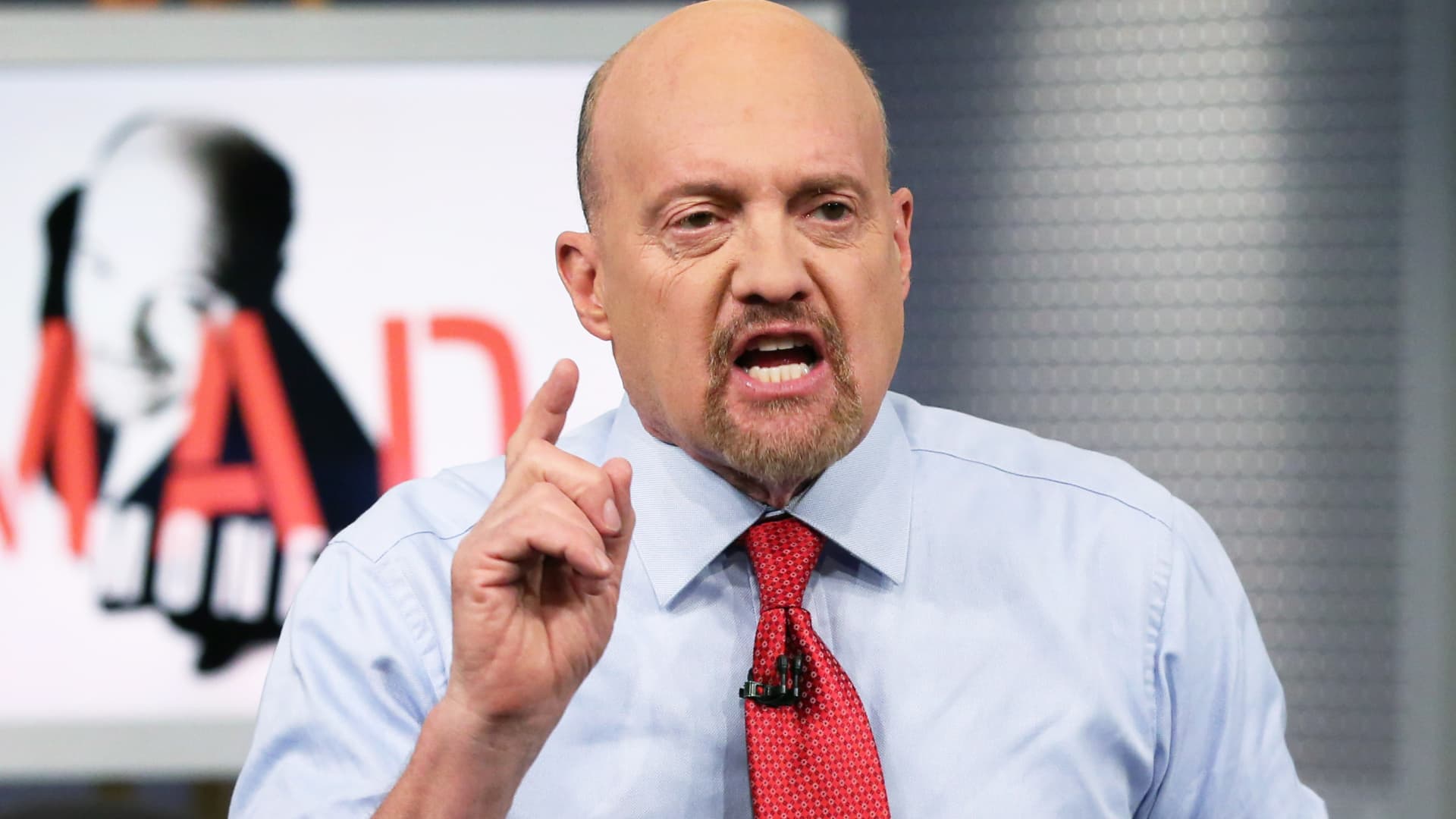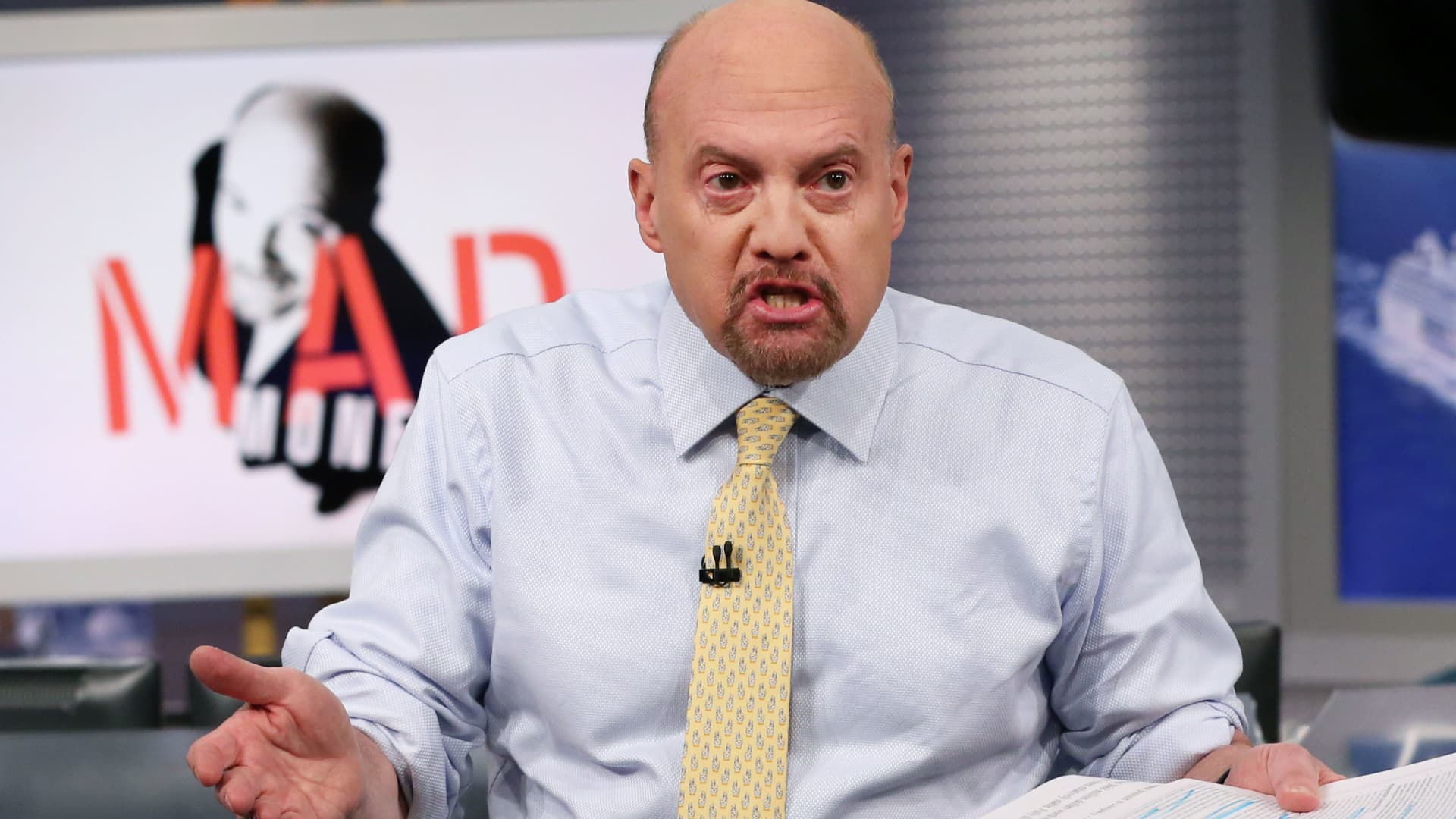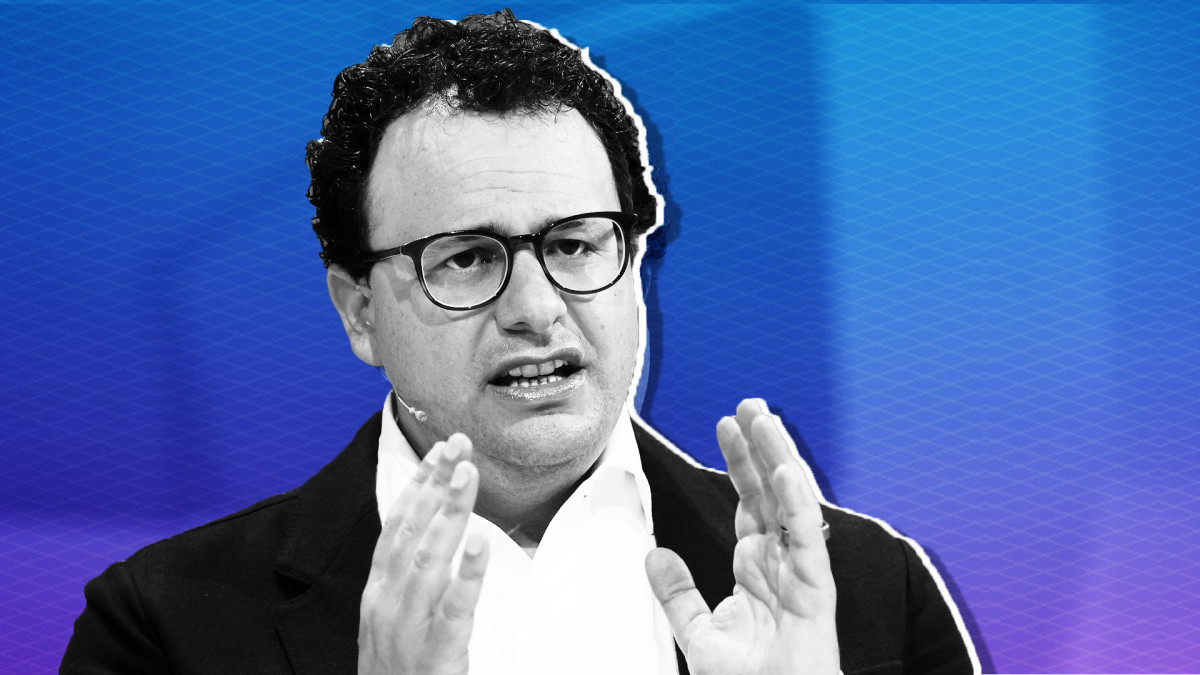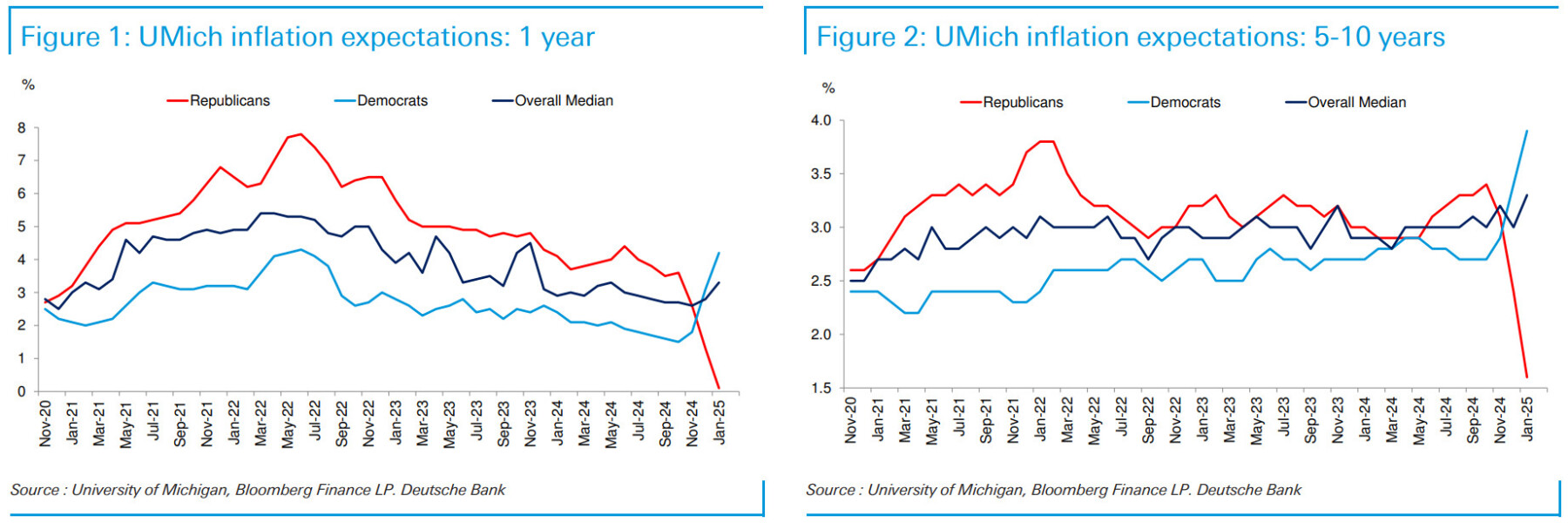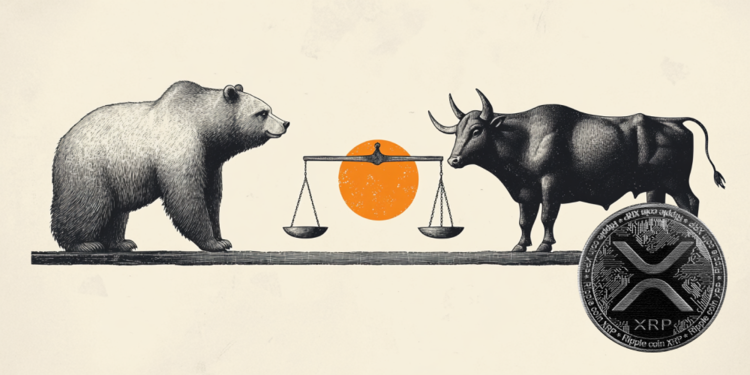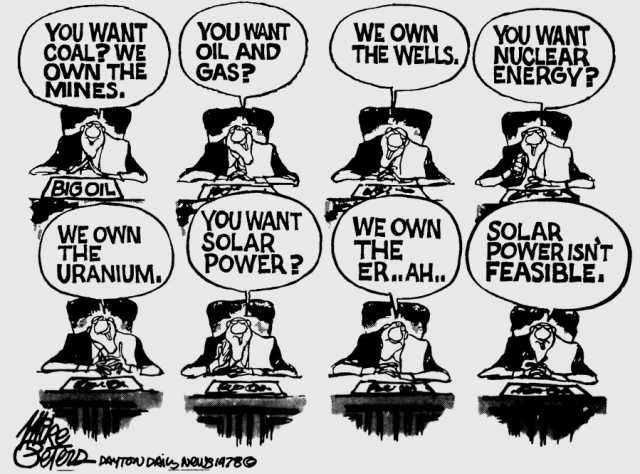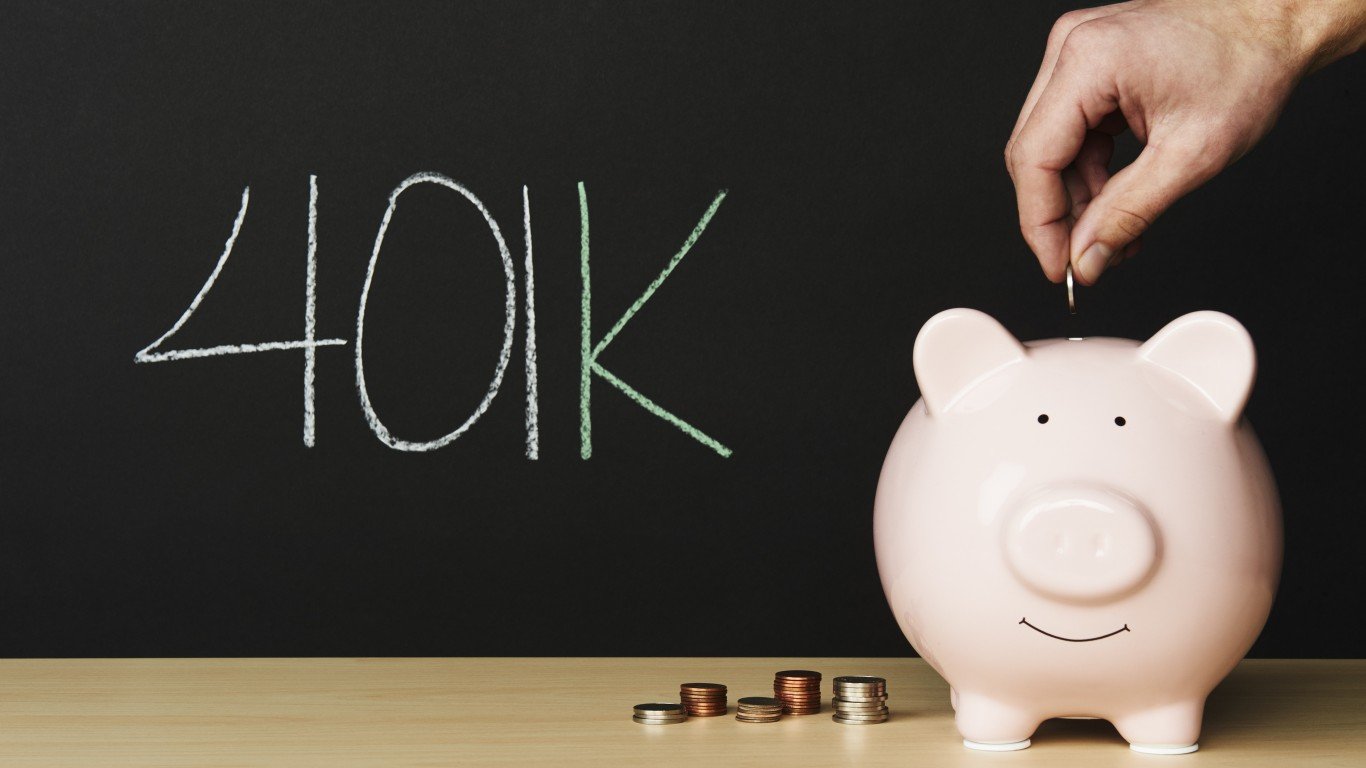3 Ways to Lower Your Taxes in Retirement
Paying taxes is a drag no matter how old you are. But when you’re retired, taxes can be even more of a problem than during your working years. And the reason boils down to you being on a fixed income where you might need every dollar you can get your hands on. If you’re hoping […] The post 3 Ways to Lower Your Taxes in Retirement appeared first on 24/7 Wall St..

Key Points
-
Taxes can be a burden for seniors on a fixed income.
-
Choosing the right home for your savings could lower your tax bill.
-
The right investments could set you up with tax-free income.
-
4 million Americans are set to retire this year. If you want to join them, click here now to see if you’re behind, or ahead. It only takes a minute. (Sponsor)
Paying taxes is a drag no matter how old you are. But when you’re retired, taxes can be even more of a problem than during your working years. And the reason boils down to you being on a fixed income where you might need every dollar you can get your hands on.
If you’re hoping to minimize your tax burden in retirement, working with a financial advisor is key. They can offer guidance on how to lower your tax liability in the course of securing enough income to live comfortably. But as a general rule, these three moves are likely to help keep your retirement tax bill much lower.
1. Keep your savings in a Roth IRA or 401(k)
It’s a good thing to bring savings with you into retirement so you’re not overly reliant on Social Security to cover your expenses. And choosing the right retirement account could result in a lower tax bill overall once your career comes to an end.
If you save for retirement in a traditional IRA or 401(k), you get an immediate tax break on your contributions. But then your withdrawals during retirement are taxable.
On the flipside, if you save for retirement in a Roth IRA or 401(k), you’ll lose the tax break on contributions, but you’ll get to enjoy both tax-free gains in your account as well as tax-free withdrawals. And that’s a major plus at a time when money might be tight.
2. Fund an HSA
A health savings account (HSA) is one of the best tools out there from a tax perspective, and that’s because it basically combines the benefits of traditional and Roth retirement plans. Not only are HSA contributions tax-free, but investment gains are tax-free. And withdrawals are tax-free as well, provided you use that money for qualified healthcare expenses.
The nice thing about funding an HSA is that you don’t have to use up your balance every year like an FSA or risk forfeiting it. And carrying an HSA balance into retirement is another way to set yourself up with tax-free income. You can withdraw funds to cover your healthcare expenses, which may be substantial as you get older.
3. Choose the right investments
It’s important to have a good investment strategy going into retirement. And part of that strategy should involve choosing assets that are capable of generating ongoing income.
Dividend stocks fit the bill here, but dividend income can be subject to taxes. CDs also fit the bill, but the interest they pay is subject to taxes as well.
If you’re interested in an asset that doesn’t require you to pay federal taxes on interest, then it pays to look at municipal bonds, or munis. Munis can be a nice source of predictable income in retirement because they pay interest on a preset schedule. And if you buy munis issued by your state of residence, you can avoid state and local taxes on your interest payments in addition to avoiding federal taxes.
Also, munis are known to be a pretty stable investment. Bonds in general fit that bill and tend to be far less volatile than stocks. But within the realm of bonds, munis have a particularly low default rate, making them not only a tax-efficient choice, but a relatively safe one.
The post 3 Ways to Lower Your Taxes in Retirement appeared first on 24/7 Wall St..





































